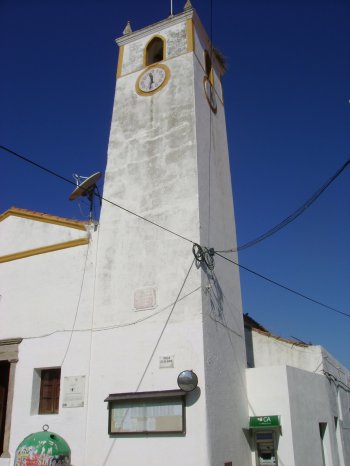Explore the best places
Heritage in Portugal
Real Fábrica de Gelo de Montejunto
- heritage
Montejunto
2550, Montejunto
Set of buildings designed for the production and conservation of ice, including a water harvesting system. It was built to supply the Royal House and the city of Lisbon. Cleaning was carried out in 1988, after around a hundred years of abandonment.
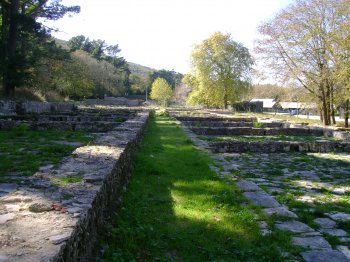
Estrada Romana em Cajadães
- heritage
Cajadães
3680-281, Postasneiros
This Roman road, located in the village of Postasneiros, is in good condition.
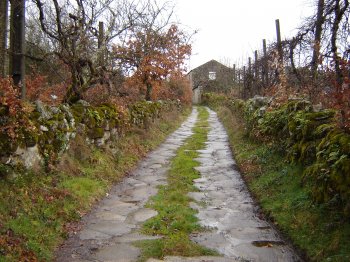
Museu das Técnicas Rurais - Museu Municipal de Oliveira de Frades
- heritage
Praça Luís Bandeira, 18
3680-091, Oliveira de Frades
This museum is located in a building from the 40s of the 20th century, in the historic center of the town. On display are archeology collections with Roman coins, Castro and Roman ceramics, milestones, among others. There is also an ethnological exhibition, presenting the linen cycle, some agricultural activities and ancient construction techniques.
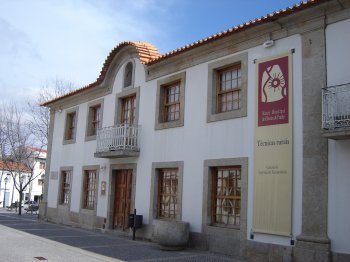
Anta da Arca / Anta do Espírito Santo de Arca / Pedra dos Mouros
- heritage
Arca
3475-010, Arca
This dolmen consists of an irregular polygonal chamber with seven pillars, three of them intact. There are no longer any traces of the corridor, nor of the mamoa, but the covering slab is still preserved. It stands out for being a large dolmen of the Trás-os-Montes type.
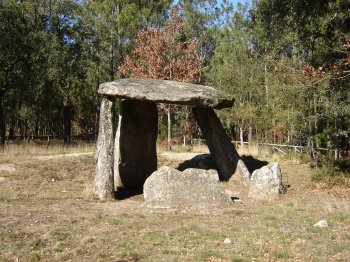
Anta de Antelas
- heritage
Antelas
3680-171, Pinheiro
This dolmen is a megalith with a burial chamber of medium dimensions, a short corridor, different in plan and elevation, and a surrounding mound. It stands out for being one of the few dolmens with inscriptions and paintings on the internal walls and the only one with paintings on all the pillars of the chamber.
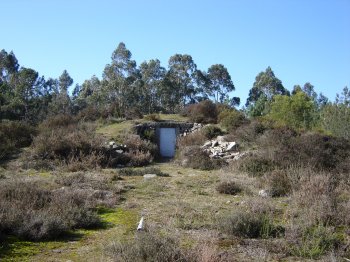
Igreja Matriz de Oleiros
- heritage
Rua Francisco Rebelo Albuquerque
6160-422, Oleiros
16th century church ordered to be built by the monarch King Manuel I. Temple with three naves where the gilded altars and tiles from the Lisbon School stand out inside. There are also some traces of Spanish-Moorish tiles from the 16th century. The bell tower was built later, in the 17th century. Some of the assets were stolen during the French Invasions.
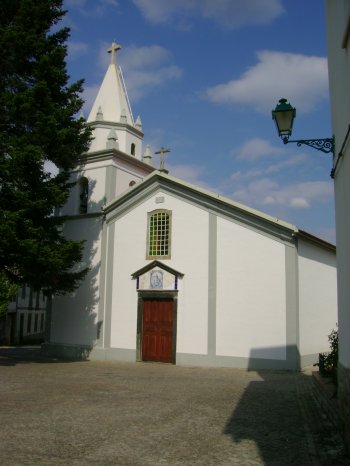
Igreja da Misericórdia de Oleiros
- heritage
Rua Dr. Francisco Rebelo de Albuquerque
6160-413, Oleiros
Religious architecture built during the reign of D. Manuel I, with a single nave and niche on the main facade, on which appears the inscription with the date 1714, which probably indicates the year in which the reconstruction works were completed. Inside you can see the national style gilded altarpiece and the images of: S. João Evangelista, Nossa Senhora das Dores, Senhor dos Passos and Senhor Morto. These images are life-sized and highly expressive.
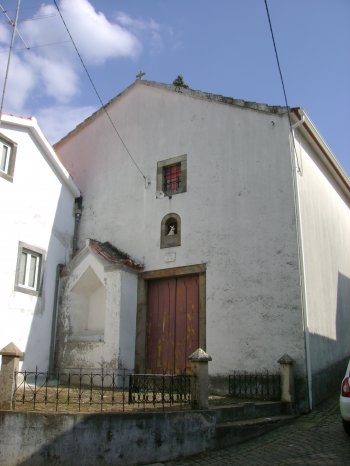
Igreja Paroquial de São Brás
- heritage
Rua de São Brás
7240-012, Granja
The originally built Gothic temple dates back to the 16th century. In the 16th century, construction of the current temple began by Sir Teotónio de Bragança. It underwent several modifications over the centuries, with the last restoration being carried out in the 60s of the 20th century. A highlight is the large dimensions of the temple, out of step with the scale of the village.
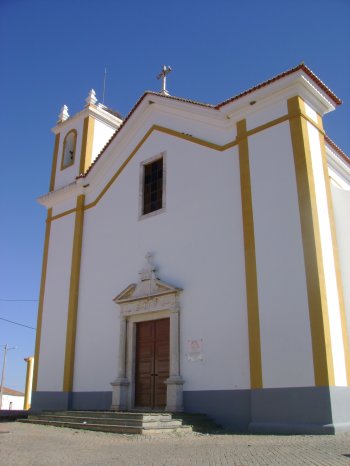
Igreja da Misericórdia de Mourão
- heritage
Praça da República, 28
7240-233, Mourão
Baroque church consisting of a single nave and a chancel. Over the years it has undergone several modifications, with the last renovation work being done in 1998. Inside, several numbered tombs stand out.
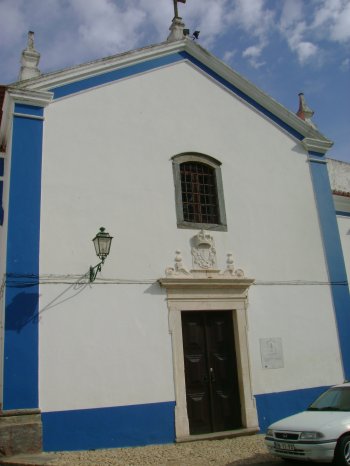
Torre do Relógio de Granja
- heritage
Praça 25 de Abril
7240, Granja
Clock Tower, topped by a bell tower, belonging to Mourão Castle.
